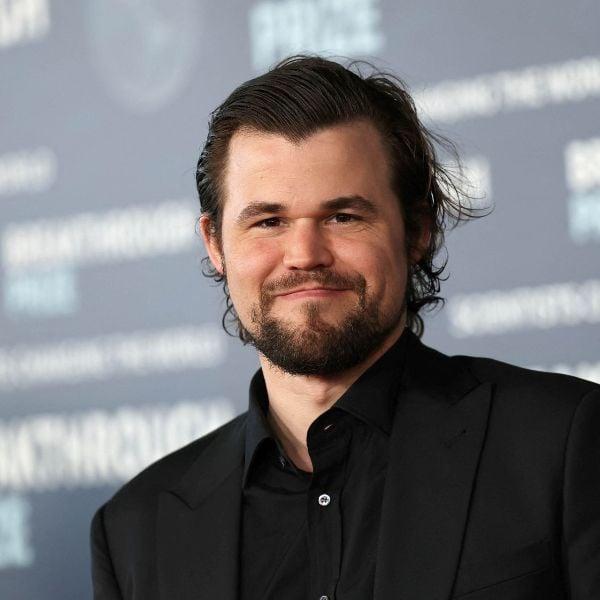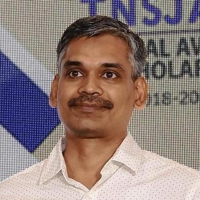| Magnus Carlsen holds the record as the youngest player to reach No. 1 in the FIDE world rankings. |
| He has an impressive chess career, being a multiple-time World Chess Champion and holding various titles in rapid and blitz chess. |
| Carlsen is recognized for his diverse opening strategies that challenge his opponents' preparation. |
| Born in Norway, he moved with his family to various countries before settling back in Norway. |
| Carlsen's interest in chess sparked when he was eight years old after initially lacking enthusiasm at a younger age. |
| His desire to beat his sister in chess motivated Carlsen to pursue the game further. |
| He spent hours playing and studying chess games, improving his skills. |
| Carlsen's early readings on chess openings were crucial in developing his game. |
| Starting young, he quickly excelled in tournaments, demonstrating his talent and dedication. |
| His early successes led to his participation in significant international tournaments. |
| Coached by Grandmaster Simen Agdestein, Carlsen quickly progressed in his chess career. |
| His extraordinary memory and dedication to studying chess contributed to his rapid advancement. |
| Carlsen's adolescence was marked by consistent improvement and achievements in chess. |
| He gained prominence by winning prestigious tournaments and acquiring Grandmaster norms at a young age. |
| Carlsen's competitive spirit and skill were evident in his early wins and collaborations with renowned chess personalities. |
| His journey to becoming a Grandmaster and a top player was marked by significant victories and experiences. |
| Carlsen's strategic thinking and gameplay style earned him the title of the "Mozart of chess" at a young age. |
| Over the years, he continued to dominate the chess scene with remarkable victories and performances. |
| Carlsen's partnership with Garry Kasparov and his contributions to other players' training highlighted his impact on the chess community. |
| His career included wins in top championships and successful title defenses against notable opponents. |
| Carlsen's decision not to defend his world championship title marked the end of an era in chess. |
| Renowned for his simplicity despite his success, Carlsen leads a modest lifestyle. |
| Carlsen's tactical approach to chess emphasizes gradual advantages over flashy plays, a technique admired by many. |
| Outside of chess, Carlsen has ventured into various activities such as music and modeling. |
| He made significant appearances in popular media, further expanding his reach beyond the chess world. |
| Carlsen's involvement in various ventures and sponsorships showcases his versatile interests. |
| His charisma and talents have been recognized beyond the chess community, earning him diverse opportunities. |
| Carlsen's presence in popular culture and his impact on chess have made him a widely celebrated figure. |
| Incorporating chess education into his ventures, Carlsen aims to promote the game worldwide. |
| His collaborations and endorsements in the gaming and entertainment industry further diversify his portfolio. |
| Carlsen's broad interests outside of chess showcase his dynamic personality and versatile skills. |
| Despite occasional setbacks, Carlsen's holistic approach to life and chess has made him a multifaceted icon. |

